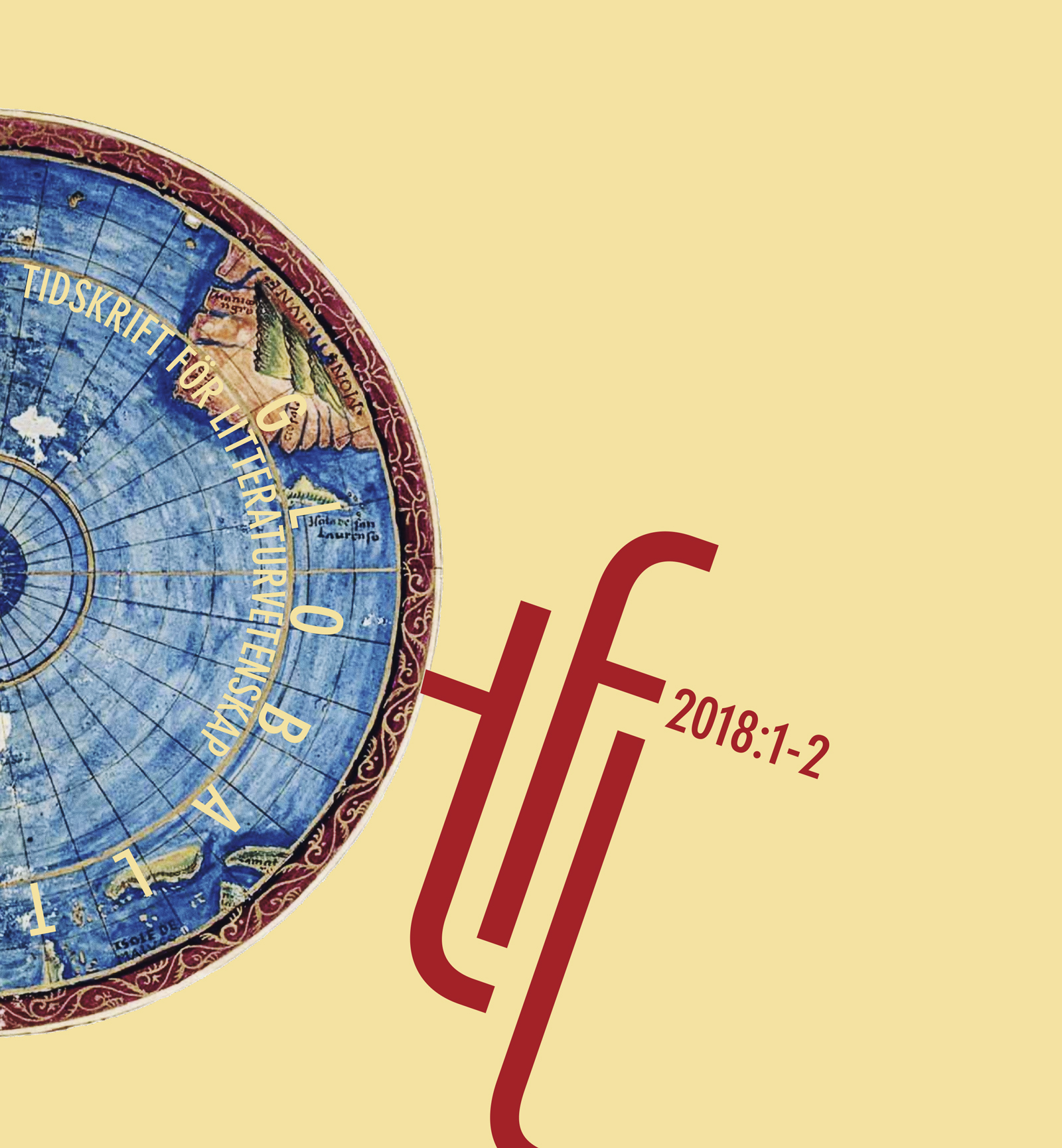Exil, värld och litterärt arbete
En socialantropologisk läsning av tre svenska skildringar från Sibirien
DOI:
https://doi.org/10.54797/tfl.v48i1-2.7600Nyckelord:
worldmaking, exile, world literature, anthropology, workAbstract
Exile, World, and Literary Work. An Anthropological Reading of Three Swedish Narratives from Siberia
This article is an exploration of exile, world, and literary work. I investigate these themes through a reading of early twentieth century narratives of Siberian exile. Since the publication of Fyodor Dostoevsky’s Notes from a Dead House (1861–62), stories of banishment and prison life in Siberia have evolved into a prominent subgenre of Russian literature. My perspective is different. Rather than relating the texts in focus to Russian literature, I approach them instead as parts of an extensive world literature on travel and exile. More specifically, I focus on three texts written in Swedish: Ivar Hasselblatt, Förvisad till Sibirien (1917; ”Banished to Siberia”), an autobiography about arrest, deportation, and exile; Elsa Brändström, Bland krigsfångar i Ryssland och Sibirien 1914–1920 (1921; ”Among Prisoners of War in Russia and Siberia 1914–1920”), an eye witness account from Siberian prison camps during the first world war; and Ester Blenda Nordström, Byn i vulkanens skugga (1930; ”The Village in the Shadow of the Volcano”), a personal ethnography about village life in Kamchatka. In my reading of these narratives, I explore literary representations of exile in relation to the anthropological problem ”of how to translate knowing into telling,” as Hayden White puts it. This is also the point where world literature and anthropology converge: through worldmaking literary work.
Nedladdningar
Downloads
Publicerad
Referera så här
Nummer
Sektion
Licens
Författaren/författarna behåller copyright till verket






